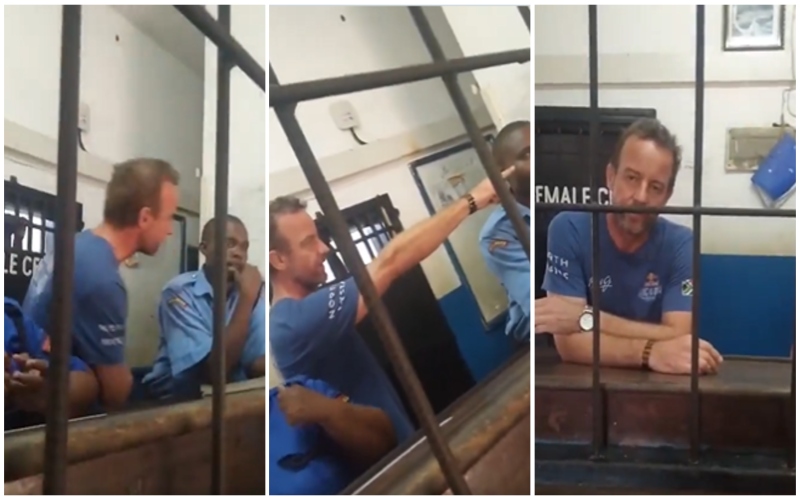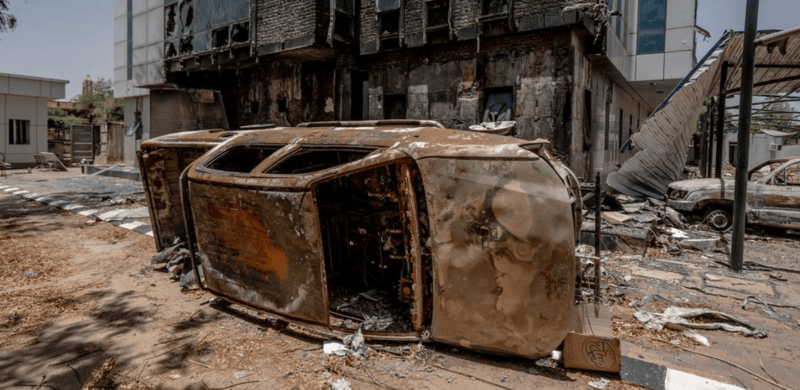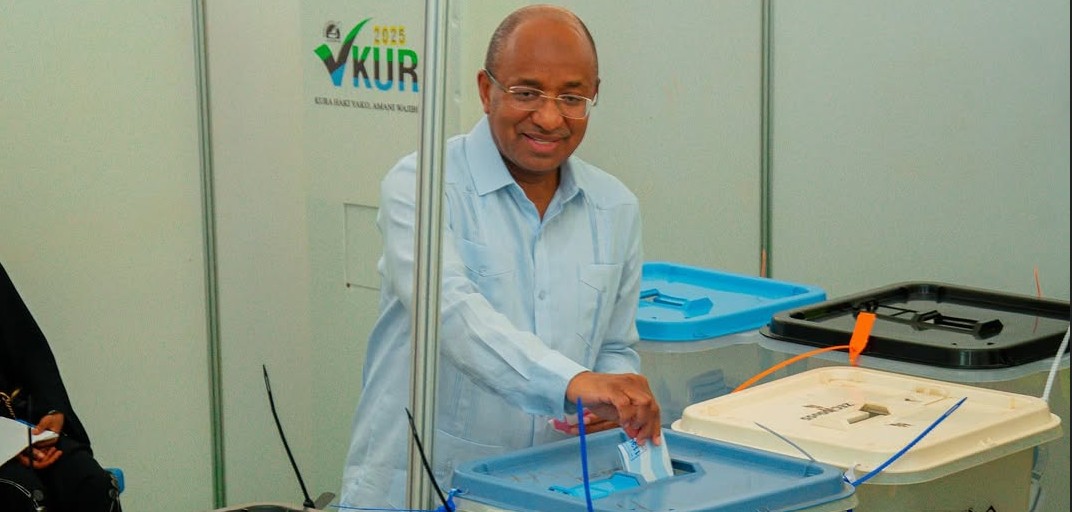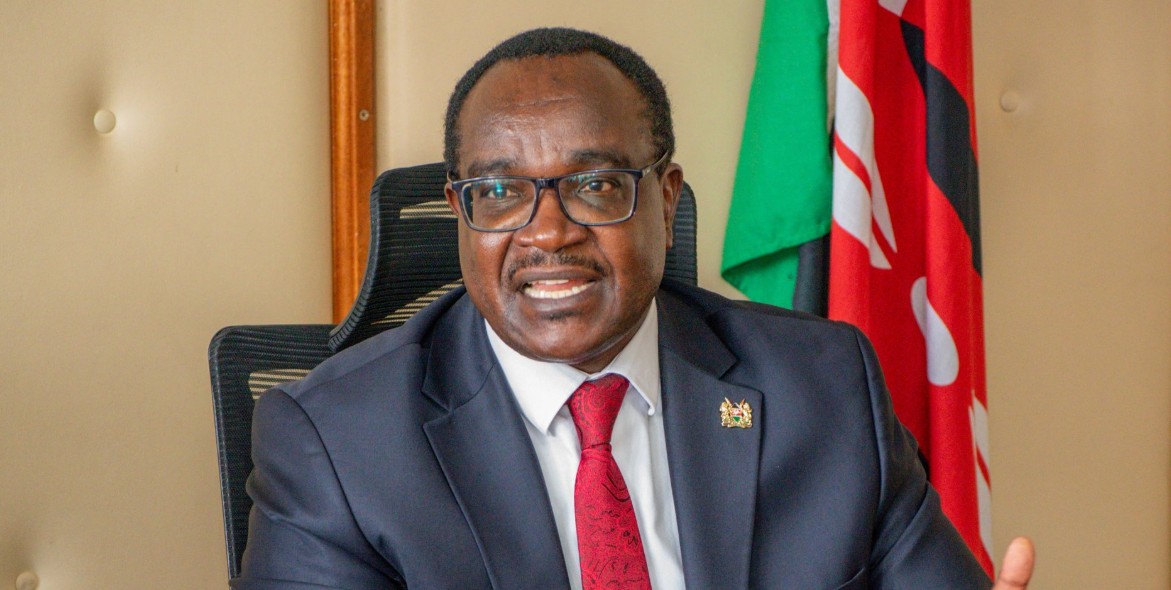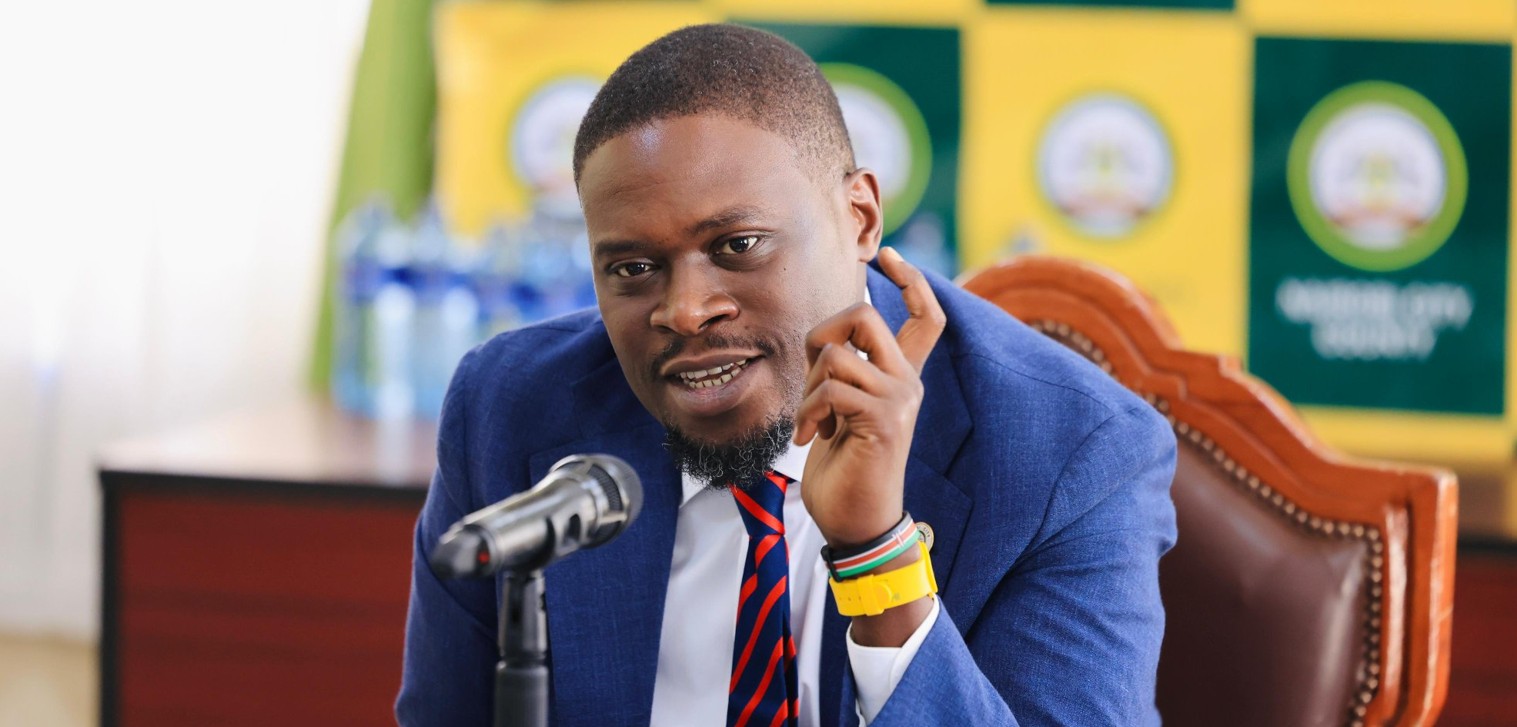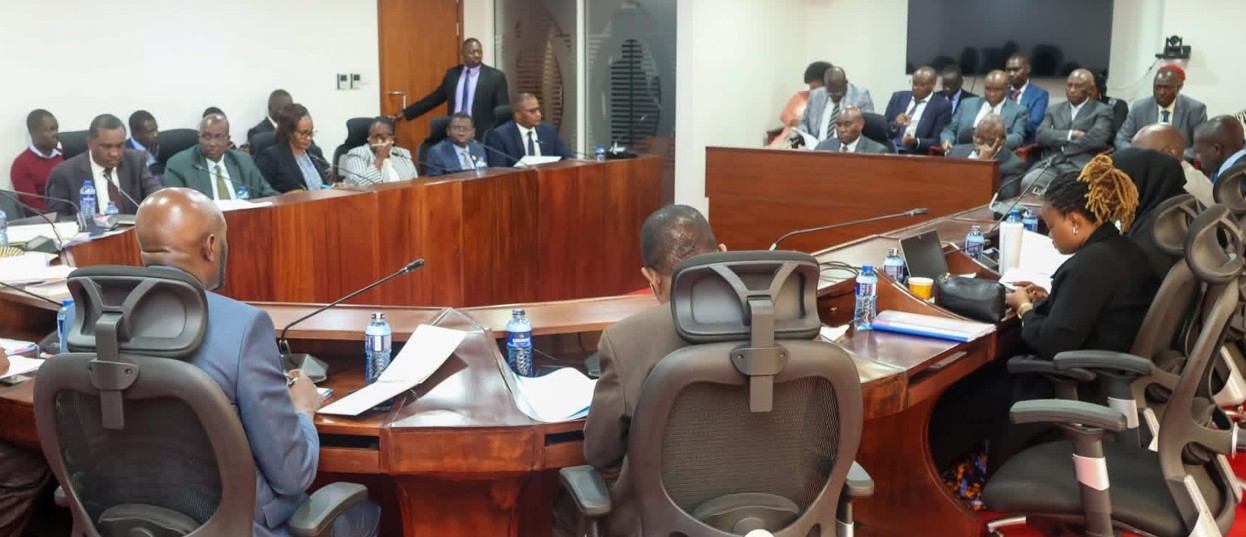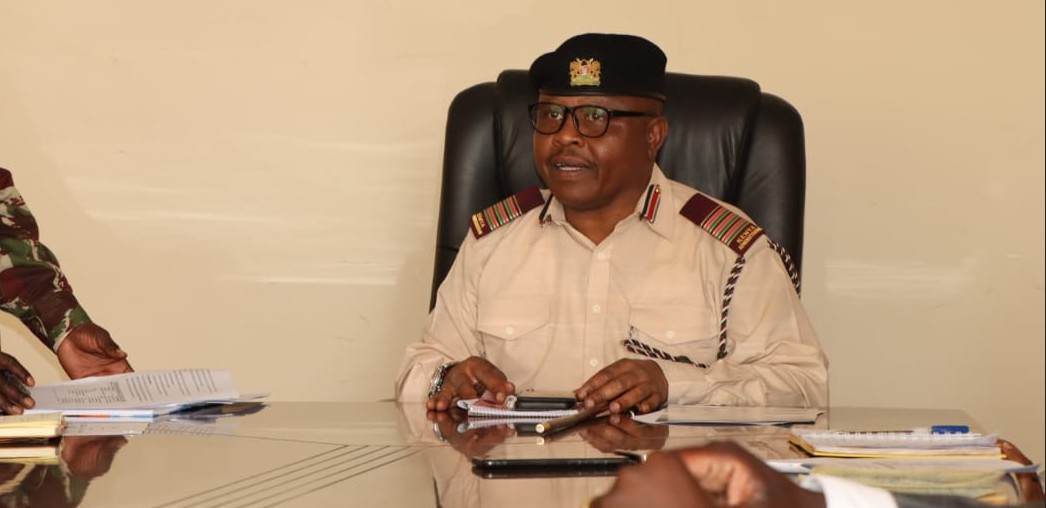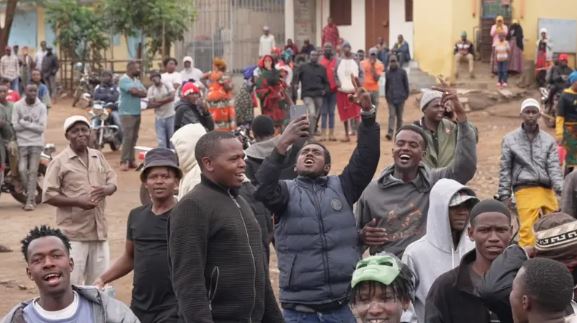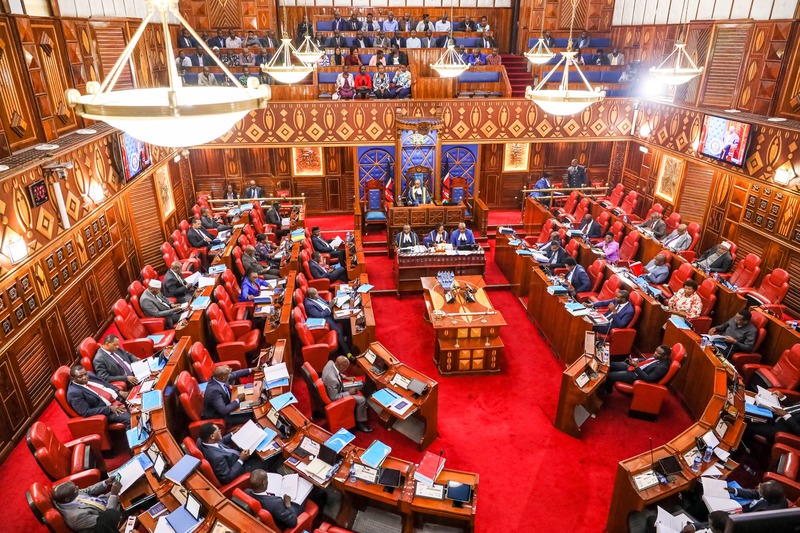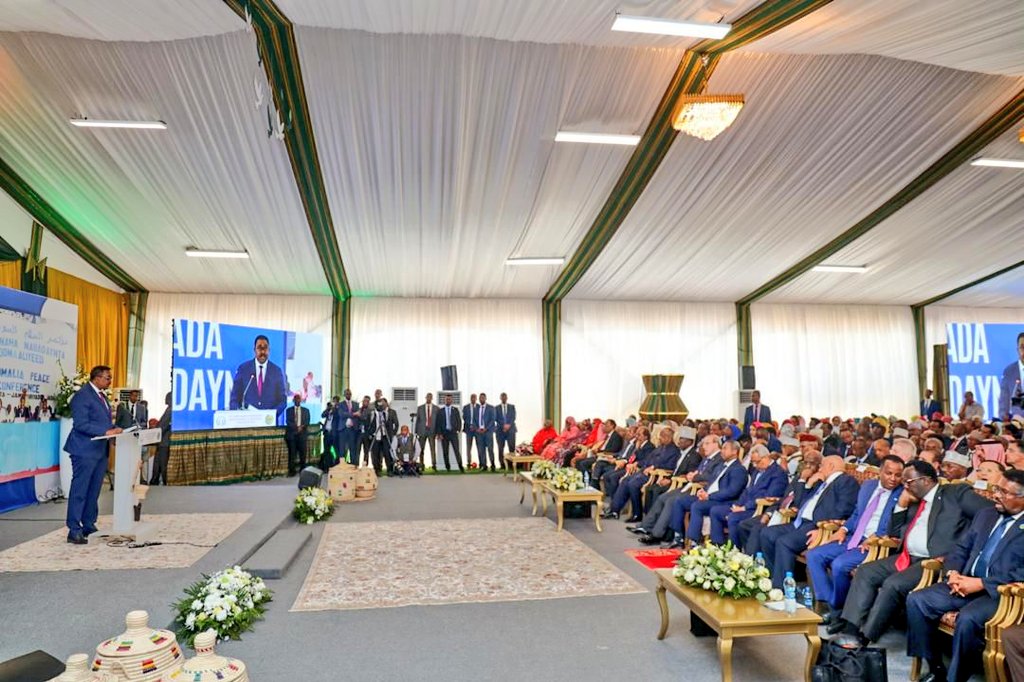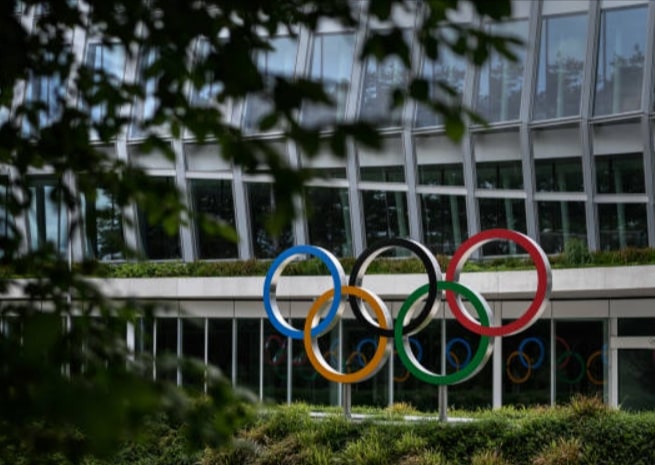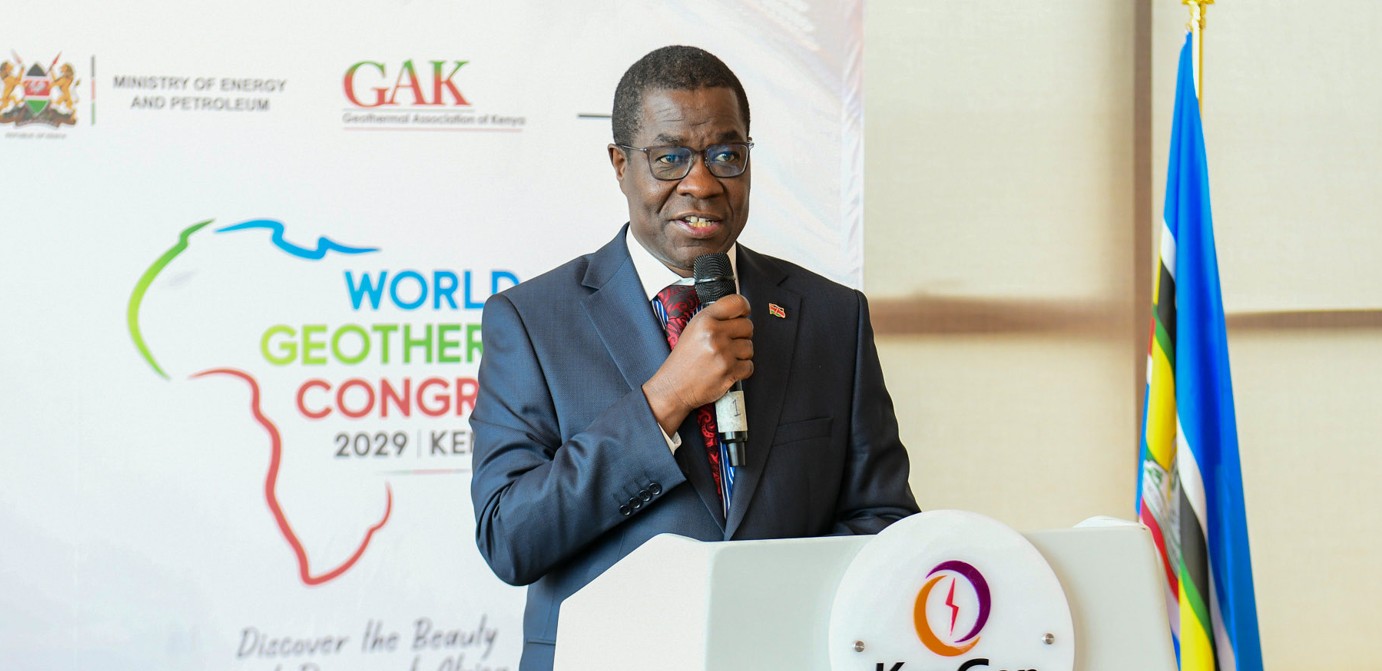Sudan is the world’s worst modern war – what has happened and what it’ll take to rebuild

There doesn’t appear to be an end to the conflict any time soon. Various efforts to hold peace talks have failed.
Sudan’s war has been raging since April 2023. The country was on a bumpy road to democracy after mass uprisings in 2019 ousted long-time dictator Omar al-Bashir. This all came to a halt when troops from the Rapid Support Forces (RSF), a paramilitary force, attacked a military airstrip in the early hours of 15 April 2023.
In the months since, fighting between the RSF and the Sudanese Armed Forces has left millions of lives shattered. Cities have been reduced to rubble and entire communities displaced. At least 20,000 people had been killed by August 2024.
More To Read
- ‘Blood on the sand, blood on the hands’: UN decries world’s failure as Sudan’s El Fasher falls
- UN urges end to El-Fasher siege as violence escalates in Sudan’s Darfur
- Reports reveal British weapons used by Sudan’s RSF to commit atrocities
- Tawila overwhelmed as El Fasher exodus deepens Darfur crisis
- Sudan expels two senior World Food Programme officials amid escalating tensions
- IGAD demands action to protect civilians as Sudan conflict escalates
Sudan is now the site of one of the world’s worst humanitarian crises. According to UN experts, around 25 million people – half of Sudan’s population before the war – are in need of urgent assistance. Nearly 9 million people are internally displaced, among them about 4 million children. Another 20 million children are out of school. Over half the population of 49.6 million doesn’t have access to healthcare.
There doesn’t appear to be an end to the conflict any time soon. Various efforts to hold peace talks have failed.
How did Sudan get here? And what will it take to rebuild the country? At The Conversation Africa, we have worked with academics who share their insights on these questions.
Legacy of violence
Sudan carries deep scars left by the Darfur genocide. Beginning in 2003, the genocide in Darfur claimed the lives of an estimated 400,000 people and displaced around 3 million. Ethnic tensions, political disenfranchisement and economic marginalisation fuelled the violence, leading to a catastrophic humanitarian crisis. The echoes of Darfur’s suffering continue to reverberate across Sudan. Mukesh Kapila, an expert in humanitarian affairs, notes that for the nation to heal, justice must be served for the victims of this genocide. The failure to hold Darfur rights abusers accountable emboldened the government and security apparatus to redouble their oppression across Sudan.
State capture
The paramilitary force emerged from the Janjaweed militias who led al-Bashir’s counterinsurgency in Darfur. In 2013, the former president established the RSF to keep the army in check and prevent potential coups. He appointed Mohamed Hamdan Dagalo, also known as Hemedti, as the leader of this new force. Federico Manfredi Firmian, who has studied the strategies of paramilitaries, explains how al-Bashir’s support enabled Hemedti and his troops to eventually undermine the government’s effectiveness, contributing to state failure.
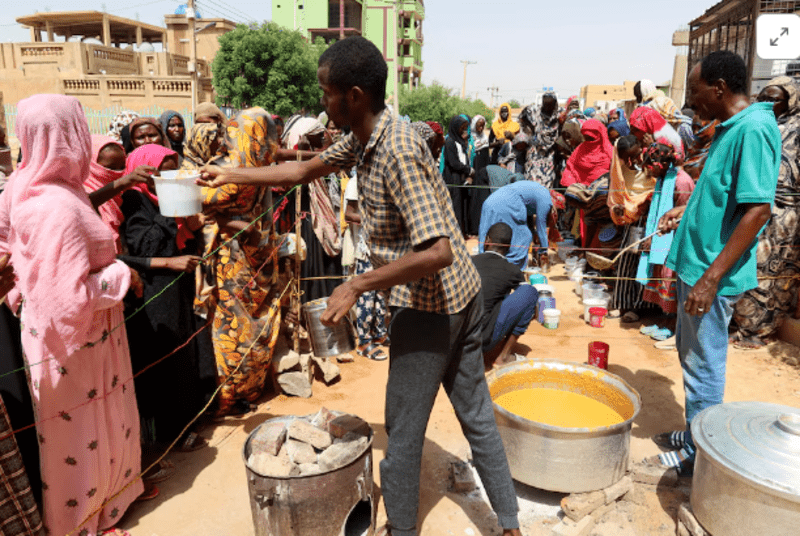 A volunteer distributes food to people in Omdurman, Sudan. (Reuters)
A volunteer distributes food to people in Omdurman, Sudan. (Reuters)Uneven growth
The Darfur conflict is illustrative of Sudan’s long struggle to build a national identity since its independence from Egypt and Britain in 1956. In pursuing this, the country’s ruling elites suppressed ethnic diversity to adopt an Arab Islamic state. This marginalised citizens from other cultural backgrounds. In the decades since, marginalisation has played out in urban spaces, leading to socio-cultural divisions and uneven regional growth. This has fanned conflict and discontent in Sudanese society. Ibrahim Z. Bahreldin outlines the potential of urban planning to rebuild a society that addresses inequalities and safeguards citizen rights.
Threat of famine
And in rural areas, the ongoing war has led to severe food insecurity, which is spreading across the country. The conflict has disrupted agricultural activity, limited access to markets and led to high food prices. Many people can’t afford food. An estimated 40% of farming households haven’t been able to till their land because of insecurity. Further straining food supplies are displaced populations seeking refuge in regions where resources are already scarce. The situation is dire, but Oliver Kiptoo Kirui, who co-authored the recent Sudan National Household Survey, explains what can be done to reach the most vulnerable populations.
Future stability
A recent study offers other ways to mitigate the impact of the war on Sudan’s economy, poverty and undernourishment, with a focus on the role of the agricultural sector. Agriculture is the backbone of the Sudanese economy. Its loss not only deepens Sudan’s humanitarian crisis but also threatens the future stability of the nation. The authors of the study find that targeted interventions to boost agricultural productivity, strategic infrastructure investments and robust social protection measures could improve post-conflict recovery – if a peaceful settlement is reached before the end of 2024. These interventions would stimulate economic activity across various sectors.
Top Stories Today
